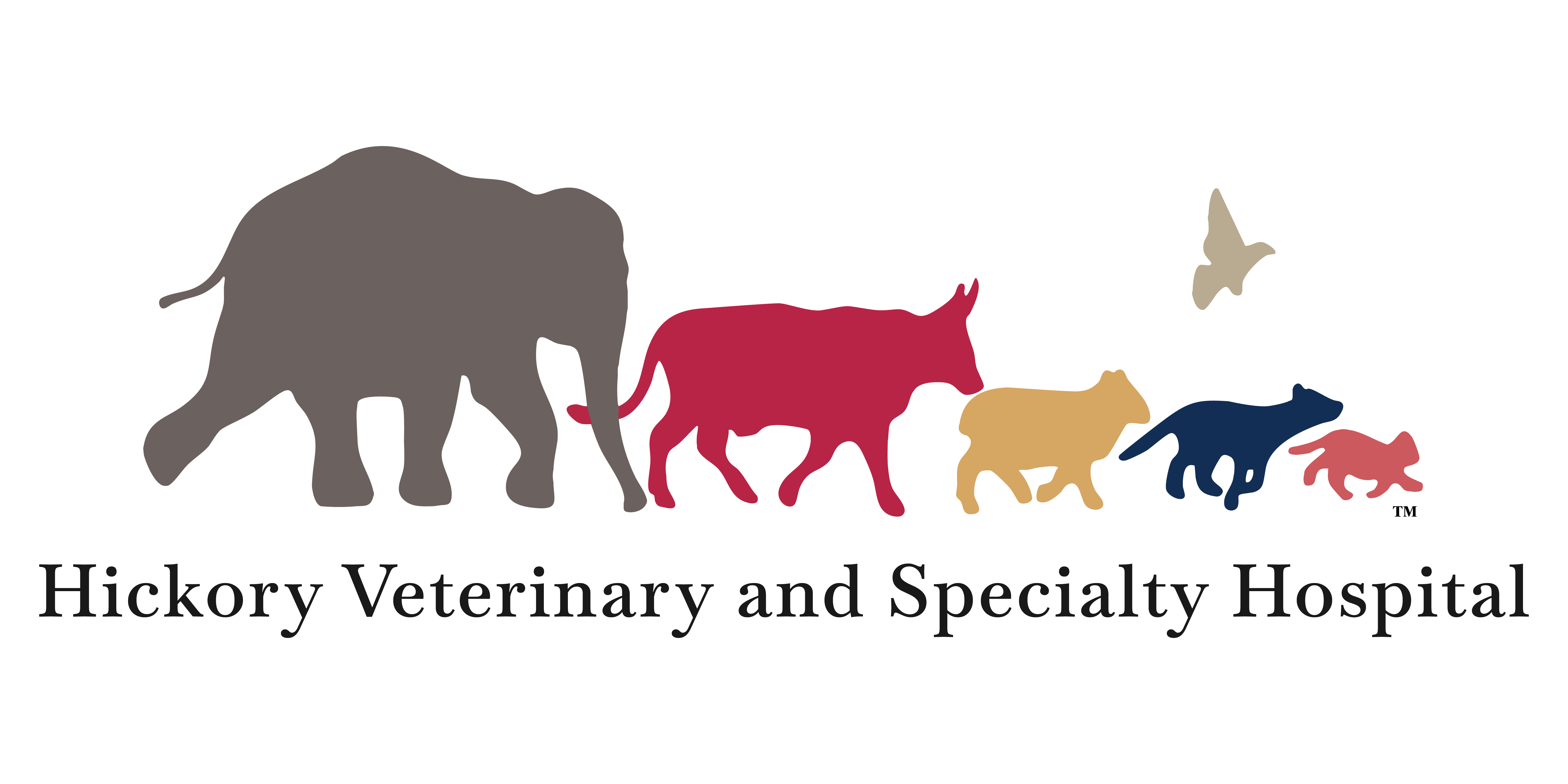Why is weight management important?
Obesity is a common nutritional disease in dogs and cats.
This condition exists when the body weight exceeds the optimum weight for the individual pet by 15% or more. Obesity is more common in older pets whose activity level has decreased, and in neutered pets. Obesity occurs more frequently in females than males.
The most practical way of evaluating your pet is to check the amount of fat over his/her rib cage. If the ribs are easily felt your pet is probably normal, but if it is difficult to feel the ribs he/she may be overweight.
Your veterinarian should examine your pet to rule out the possibility of an underlying condition such as hypothyroidism or fluid retention secondary to heart disease.
There are many health risks associated with obesity. Obese dogs and cats have a higher incidence of arthritis, diabetes, heart disease, and skin problems. They are also at greater risk when undergoing anesthesia and surgery. There are many factors including, heredity, sex, age, inactivity, and diet that contribute to the development of obesity. Of these, the factors you can control are exercise and diet. Overfeeding and supplementation with table scraps and treats are a major cause of obesity.
The treatment of uncomplicated obesity is to reduce the caloric intake of your pet while increasing their activity. We offer a variety of low calorie pet foods formulated for the prevention and treatment of obesity. Our veterinarians trained in nutrition will assist you in the selection of a diet tailored to your pet’s needs. We also have a patient record and weight reduction chart that can be used to monitor your pet’s weight.
Canine and Feline Weight Management Wellness Program
There are many reasons for the rising epidemic of obesity in our pets:
- Lack of adequate daily exercise
- Overfeeding palatable pet foods and treats
- Bonding with our pets through food rewards
- Neutering may increase weight gain in some pets
- Concurrent diseases like thyroid disease or osteoarthritis

What’s the BIG deal about a fat pet?
Plenty! A highly regarded veterinary study showed that on average, a dog that maintains a healthy Body Condition Score will outlive its overweight littermates by two years! Medical research on human obesity has proven that we can no longer think of being overweight as a benign condition. In fact, excessive fat tissue in the body is now considered an active endocrine organ that secretes a lot of powerful hormones, which play a direct role in increasing the risk of serious diseases.
Conditions associated with or exacerbated by obesity:
- Diabetes Mellitis
- Cancer
- Orthopedic problems like osteoarthritis
- Heart disease and hypertension
- Hepatic lipidosis
- Skin disorders
- Breathing problems
- Increased surgical and anesthetic risks
- Decreased immune function
Common misconceptions about pet weight loss
My pet isn’t overweight, he’s just furry.
For some pets these is true. Unfortunately, for most dogs and cats a fluffy hair coat just makes it harder to spot layers of fat that have been accumulating. Also, seeing your pet everyday can make it hard to have an objective eye when it comes to assessing if your pet is getting a little paunchy.
My dog always gains weight over the winter; she’ll lose it this summer.
“Winter-weight” – most of us experience this ourselves. Generally speaking, pets and their people are more sedentary in colder weather. Packing on a few pounds is usually the result.
Unfortunately, from year to year as a pet ages it often becomes more difficult to lose those extra pounds. Preventing seasonal weight gain through appropriate feeding and exercise is your best assurance that your pet will maintain a healthy body weight.
Can’t I just feed my pet less food?
If you are significantly overfeeding your pets regular diet, then cutting back by an appropriate amount may achieve some weight loss. However, safe weight loss means providing enough volume of food to meet protein and other important nutrient requirements. The more you reduce food volume, the more nutrient levels are compromised and the hungrier your pet feels. In cats, too drastic a cut in calories can lead to serious and sometimes fatal liver disease.
Prescription weight loss foods are designed to provide optimal nutrition while reducing calories. This keeps your pet feeling satisfied while staying on track with their diet.
I love my dog and cat so much, putting them on a diet will be cruel; they’ll hate me for it.
On the contrary, allowing your pet to achieve a healthy body weight though a medically designed and supervised “kind and gentle” diet and exercise program is one of the most caring steps you can take.
Has your kitty lost her feline physique? Is your pup packing on the pounds?
You’re not alone; studies estimate that up to 40% of companion animals are dealing with a serious disease called obesity. That number is likely higher when factoring in those pets that are significantly overweight but not yet considered obese.
We understand how much you love your pet and how traumatic it can be to practice a tiny bit of “tough love” when it comes to dieting.
How do we get started with weight management?
You already have! Taking the initiative to educate yourself is the first step. Scheduling a weight management consultation sets you on the right path to improving the health and longevity of your cherished animal companion.
What is a weight management consultation?
A complete and thorough evaluation of your pet’s weight related health concerns. This consultation with our rehabilitation veterinarian includes:
- Complete physical exam focusing on the orthopedic, neurological and cardiovascular systems.
- Complete dietary history, detailed discussions on diet strategies that fit you and your pet’s needs and a proposed diet selection
- Detailed exercise recommendations appropriate for your pet’s level of fitness
- “Before” and “After” photographs of your pet as you start and complete the healthy weight program
Our commitment to your pet’s health
Our doctors and staff are committed to improving your pet’s health and quality of life. Our weight management professionals, using their medical expertise, treat patients with obesity-related health concerns. An individualized weight loss plan provides sound recommendations on diet, exercise, appropriate snacks and treats.
You can count on our advice, support and encouragement through the whole weight loss process.
